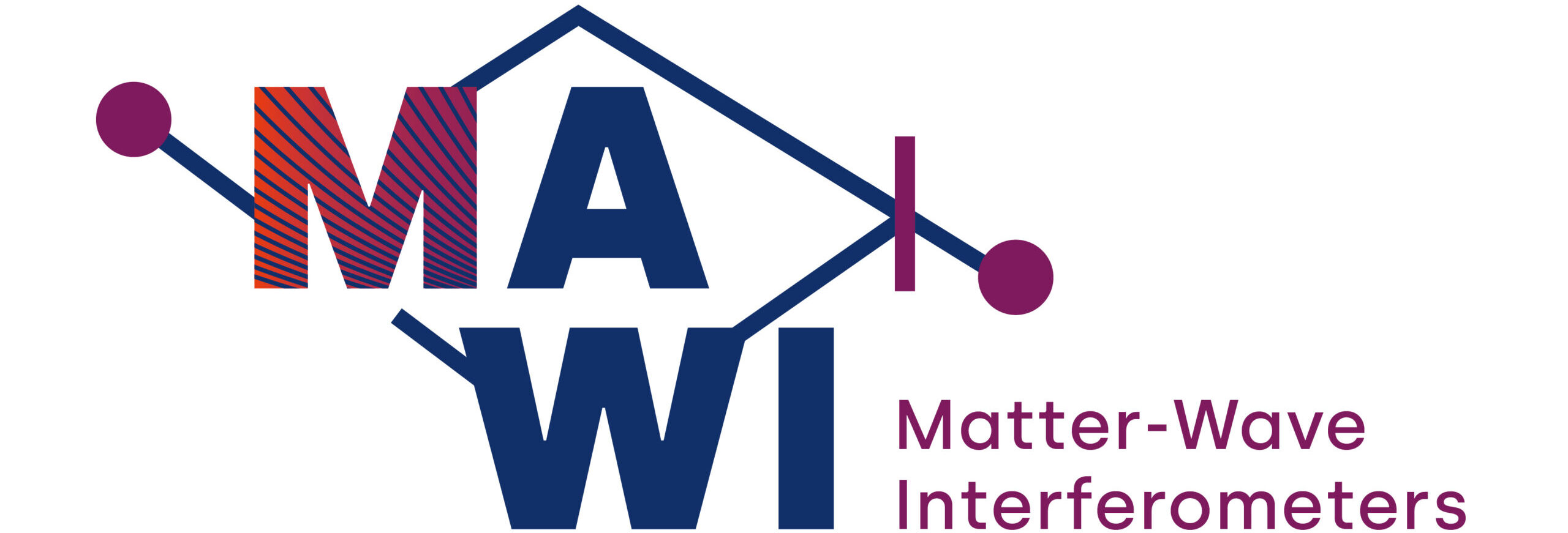Principal Investigator: Andrea Trombettoni ( atrombettoni@units.it )
The UNITS Unit is part of the Physics Department of Università degli Studi di Trieste. Its members belong to “Dipartimento di Fisica Teorica”, hosted in the International Center of Theoretical Physics (ICTP) with which shares facilities, activities and infrastructures. UNITS has a longstanding experience of training and research, and has since their foundation common activities and interactions with ICTP and Scuola Internazionale Superiore di Studi Avanzati (SISSA), both in Trieste. UNITS is also part of the recently founded Trieste Institute for the Theory of Quantum Technologies (TQT), whose activities will provide an ideal framework for PhD and PostDoc ESR. Dr Andrea Trombettoni works on ultracold atoms and superconducting devices. In November 2019 he moved to University of Trieste. He has co-authored more than 110 papers in international journals. He gave more than 60 invited talks in Conferences and Workshops and more than 60 seminars in international universities and institutions. He co-organized more than 20 Conferences and Schools, and he gave more than 30 courses on Quantum Mechanics, Cold Atoms and Superconducting Devices. He is regularly invited to national and international advanced PhD schools in order to provide lecture courses on forefront research.
Focus
The main objective is to study and implement interferometric quantum devices combining the field of ultracold atoms with that of holographic techniques. The PhD will work on the modelling and characterization of settings in which ultracold atoms are confined in suitably DMD-engineered and holographic traps, with the main goals of studying the feasibility of elementary quantum circuit building blocks (waveguides and connection between them) needed for trapped atom interferometers. The performance of time-averaged tunable potentials generated by optical modulators or DMD will be evaluated. The 1D limit and dynamics will be characterized. The properties of combined Y-junctions will be studied.
Future atomtronic circuits will be fabricated by integrating the functionalities of different sub-circuits. The main objective of the PhD is to develop machine learning based control on simple integrated atomtronic circuits with lumped parameters. We will focus on the study of a single ring-shaped circuit interrupted by weak impurities. In such systems one can generate current states without synthetic fields and therefore our systems can define AQUIDs or atomtronic flux qubits but with new specifications and a simplified architectures. For such systems, we will develop theoretical tools for their analysis, identifying the relevant observables to read-out their physical conditions in the experiments.
